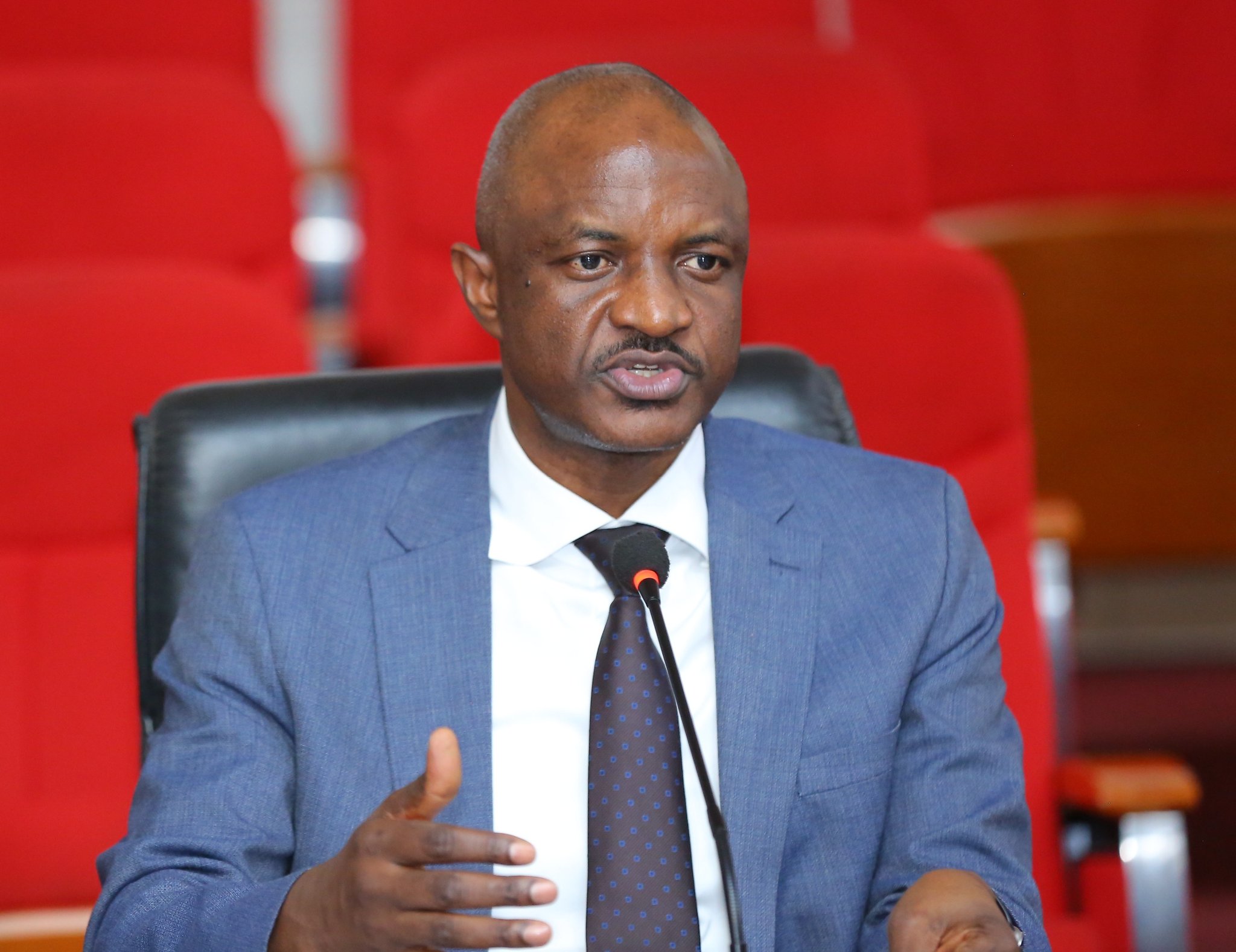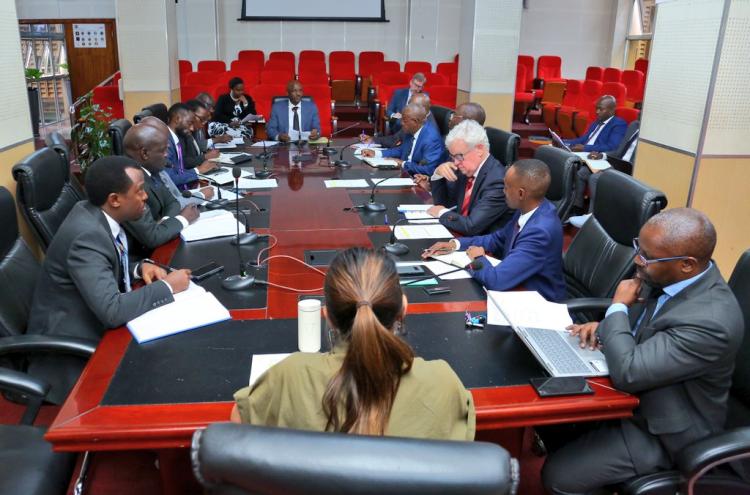Consultations on the Budget Strategy For FY 2026/27
Ministry of Finance have met the Local Development Partners, Members of the Private Sector, Representatives of the Civil Society and the Academia to consult on the Budget Strategy for FY 2026/27.
The Permanent Secretary and Secretary to Treasury (PSST),Ramathan Ggoobi who chaired the meeting said the successful formulation and implementation of the Budget Strategy for FY 2026/27 requires robust collaboration not only within government, but with all stakeholders.
"Your insights, evidence-based policy, and alignment with our strategic priorities are critical to ensuring that every shilling spent delivers meaningful impact," said the PSST.
Ggoobi said the role of Partners in shaping public policy, promoting accountability, and advancing inclusive development through research, community engagement, implementation support and advocacy are critical to ensuring that the budget reflects the aspirations and needs of all Ugandans.
The PSST said the overarching objective of full monetization of the economy by transitioning the 33% of the households in subsistence to the money economy remains a key priority of government. He said this will be undertaken by, unlocking the key binding constraints to sectoral growth in Agro-industrialization, Tourism, Minerals, and Science, Technology, and Innovation so as to strengthen the resilience and productivity of our economy.

FY 2026/27 will be the second year of implementation of NDP IV, the last plan to deliver on Agenda 2030 of Sustainable Development Goals and first plan to implement the Tenfold Growth Strategy.
Ggoobi also highlighted other priorities such as enhancing domestic revenue mobilization through improved tax administration and broadening the tax base; Fiscal consolidation interventions such as expenditure efficiency and fiscal discipline, value for money and results-based budgeting.
Ggoobi said focus will also be in areas of: Strategic Public Investment in key enablers of the economy including infrastructure (roads, railways, energy, water for irrigation) and human capital; Strengthening Public Financial Management Systems, in line with the Public Finance Management Act Cap 171 and the Charter of Fiscal Responsibility and deepening policy and goal consensus by promoting full integration and coherence across sectors and levels of government during planning, budgeting and implementation.
The Local Development Partners Group in a statement delivered by the United Nations Resident Coordinator, Leonard Zulu reaffirmed their Partnership in sustaining and accelerating development outcomes in Uganda. "We commit to supporting the Government of Uganda in its endeavors to use resources effectively and efficiently," said the Development Partners in their joint statement. The Development Partners said they were ready to support Uganda in realizing its domestic revenue mobilization aspirations- including private sector investment and broadening the tax base.

Their proposed priorities for FY 2026/27 include: Human Capital Development, Youth Employment,Inclusive,Equitable and Green Growth, Governance and Accountability as well as Debt Sustainability and Fiscal Resilience. The Private Sector players in their statement called upon government to prioritize the ATMS and their entire value chains as well as the Enablers.
The Executive Director of Civil Society Budget Advocacy Group (CSBAG),Julius Mukunda called for consolidation of gains especially in e-Governance services- automation, improving capacity of Votes to absorb funds and enforcement of national service delivery standards.
